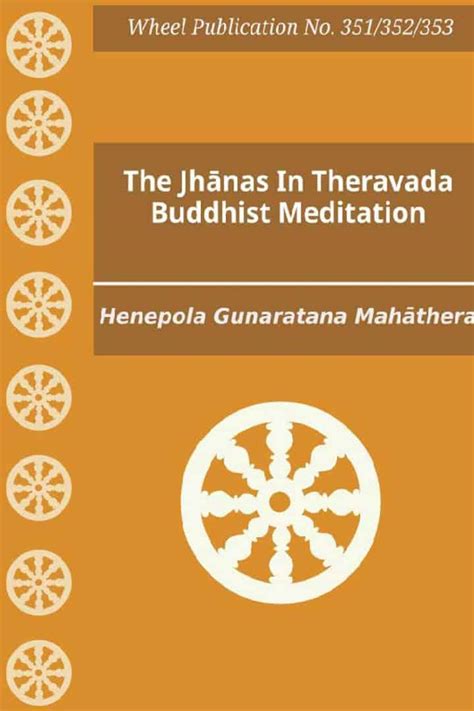In today’s fast-paced world, meditation and mindfulness practices are becoming increasingly popular as individuals seek ways to manage stress, improve mental health, and find inner peace. Among the various types of meditation, the concept of achieving jhanas — states of deep mental absorption — has garnered significant interest and debate. However, attaining these states is often described as a complex journey that not only demands time but also a profound understanding of both the practice and the self. Many practitioners have shared their experiences and insights, helping to shed light on the nuanced path to achieving these elusive states.
One of the key challenges for individuals seeking to attain jhana states is the inherent difficulty of meditation itself. Consistent practice is essential, with some practitioners dedicating years to their mindfulness routine before achieving any noticeable progress. Commenters like 3l3ktr4, who meditate for 20 minutes daily, often express frustration when their efforts do not bear fruit. This sentiment is echoed by many others who struggle to achieve the first jhana despite persistent effort. This raises the question: what are they missing? The interplay between dedication, technique, and individual predispositions suggests that progress in meditation can vary greatly among individuals.
The influence of modern interpretations and applications of meditation also plays a significant role in how practitioners approach jhanas. Comments from users like kranner and pas highlight the debate over whether contemporary ‘startuppy’ methods are beneficial or detrimental. While these methods might cater to the structured, goal-oriented mindset of many modern practitioners, they might also foster unhealthy comparisons and cravings for progress. Traditional methods emphasize constraining circumstances to mimic the originating mind state of the instructor, hinting that environmental factors and lifestyle play a vital role in achieving deeper meditative states.
Interestingly, the discussion also touches on the concept of inherent abilities and predispositions in meditation practice. Users like swayvil and jackdawipper debate whether individuals with conditions like Asperger’s have an advantage in concentration. While some argue that such individuals possess ‘habitual one-pointed attention,’ others, like 0x1ceb00da, suggest that, akin to athletes with exceptional physical abilities, there are ‘meditative athletes’ with superior mental faculties. This comparison underscores that while practice is essential, natural abilities might also influence one’s progress in meditation.
For those determined to experience jhanas, there are several strategies and techniques suggested by seasoned meditators. Some advocate for longer sessions, with zeroxfe recommending 45-minute sessions to allow deep absorption. Others, like swayvil, suggest incorporating multiple shorter sessions throughout the day and incorporating activities like fasting to enhance the practice. Another interesting perspective is the role of lifestyle and moral conduct, as discussed by __rito__ and lewispollard, wherein the mental state required for jhanas might be cultivated through virtuous living and sense restraint. This holistic approach aligns with the Buddhist Eightfold Path, where harmonious living is interconnected with successful meditation practice.
However, it is important to approach meditation with the right mindset. Commenters like wayoverthecloud caution against the desire-driven pursuit of jhanas, advising instead to cultivate genuine interest in the process of meditation rather than focusing on the end goal. Meditation should be a journey of self-discovery rather than a quest for specific states, as the latter can lead to new forms of desire and frustration. Emphasizing mindfulness, they suggest, can help students avoid the pitfalls of meditation and develop a more profound, enriching practice.
In conclusion, the path to achieving jhanas is a deeply personal and varied journey that requires patience, dedication, and a balanced approach. While modern structured methods might offer some ease to beginners, traditional practices emphasizing moral conduct and environmental constraints remain crucial. Moreover, recognizing one’s inherent predispositions and adjusting practices accordingly can be beneficial. Ultimately, the emphasis should always remain on the process itself, cultivating a mindful, present state that can lead to the profound and transformative experiences associated with jhanas.


Leave a Reply